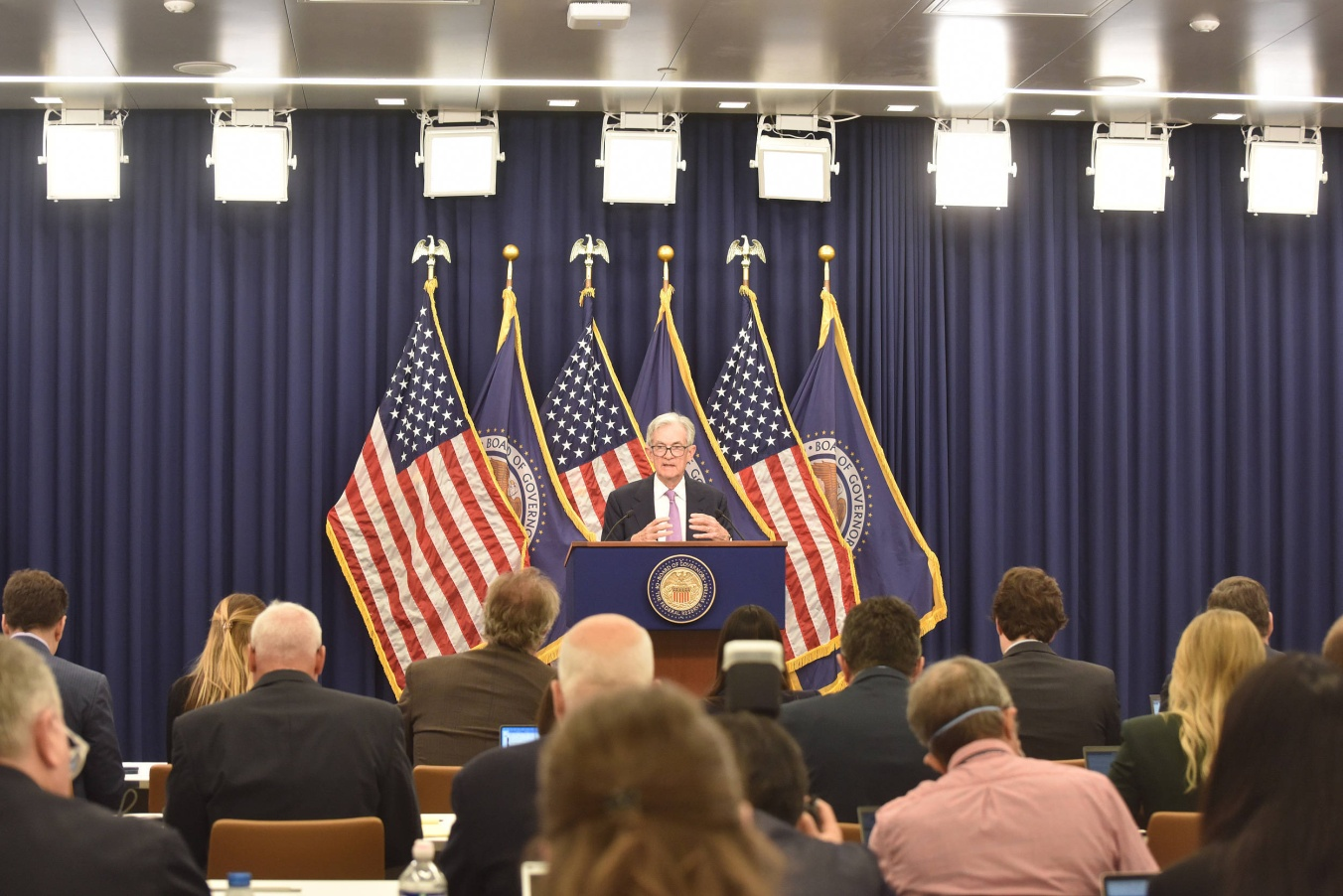
This development, like a boulder dropped into a calm lake, has triggered widespread concern and in - depth reflection on the future direction of U.S. financial policies and the financial market landscape.
Looking back at the policy trajectory since Trump's re - assumption of power, his series of executive orders have had a non - negligible impact on the U.S. financial system. Just on February 18th, Trump signed an executive order aiming to strengthen the control over independent federal regulatory agencies such as the U.S. Securities and Exchange Commission (SEC), the Federal Trade Commission, and the Federal Communications Commission. This executive order requires these agencies to submit draft regulations to the White House for review before release and to consult with the Trump administration on priorities and strategic plans. This move has broken the traditional operating mode of independent federal agencies. Although it aims to strengthen the unified coordination of government financial regulation, it has also raised questions about the independence and fairness of regulation.
From a broader perspective, the Federal Reserve's assessment of the executive orders is closely linked to the current U.S. economic situation and monetary policy. The minutes of the Federal Open Market Committee (FOMC) meeting from January 28th to 29th, released on February 19th local time, showed that the Federal Reserve maintained the target range for the federal funds rate between 4.25% and 4.5%. Currently, the U.S. economic activity is expanding steadily, but the inflation rate is still slightly above the target level, and the economic outlook is full of uncertainties. Against this backdrop, the policy changes of the Trump administration have become a key variable influencing the Federal Reserve's monetary policy decisions.
Trump's preliminary policy proposals have already raised deep concerns among the Federal Reserve about rising inflation. After taking office, Trump imposed an additional 10% tariff on Chinese imports, announced a 25% tariff on imported steel and aluminum, and is also considering higher tariffs on automobiles, semiconductors, and pharmaceuticals. Businesses generally expect to raise prices to pass on the cost of import tariffs, which will undoubtedly drive up inflation. The meeting minutes pointed out that the participants "universally pointed out the upside risks to the inflation outlook." The change in inflation expectations has made the Federal Reserve more inclined to control inflation on the scale of monetary policy.
Regarding the U.S. banking system, Bullard said it is strong with good capital positions, which undoubtedly injected a shot in the arm into the market. However, potential risks still cannot be ignored. On the one hand, Trump's tariff policies may lead to an increase in corporate costs, affecting the profitability and debt - servicing ability of enterprises, and thus posing a threat to the asset quality of banks. On the other hand, the adjustments to financial regulatory agencies by the executive orders may change the regulatory environment of banks, increasing the uncertainty of bank operations.
The market has also been quite sensitive to the Federal Reserve's assessment of the executive orders. Recently, there have been certain fluctuations in the U.S. stock and bond markets, and investors have become more cautious about the future direction of the financial market. If the Federal Reserve adjusts its monetary policy due to the impact of the executive orders, it may trigger a chain reaction in the global financial market. After all, as the world's largest economy, any slightest change in U.S. monetary policy will have a profound impact on international capital flows, exchange rate fluctuations, and so on.
The Federal Reserve's assessment of the Trump administration's executive orders targeting the financial regulatory authorities is a complex and crucial event. It not only concerns the reform of the U.S. financial regulatory system but also will have an important impact on the stability and development of the U.S. and even the global financial markets. In the future, we need to closely monitor the assessment results of the Federal Reserve and subsequent policy adjustments to better understand the pulse of the financial market.

The Dominican Republic recently announced that it will allow the U.S. military to enter restricted areas within its territory for a period of time to cooperate with Washington in combating transnational crime and drug trafficking in the Caribbean.
The Dominican Republic recently announced that it will allo…
On November 26, 2025, the European Central Bank (ECB) relea…
Recently, according to Times of India, the price of Bitcoin…
Recently, HP announced that it expects to cut 4,000 to 6,00…
Recently, according to people Media, McDonald's announced t…
In the Geneva negotiation hall that day, by the time coffee…